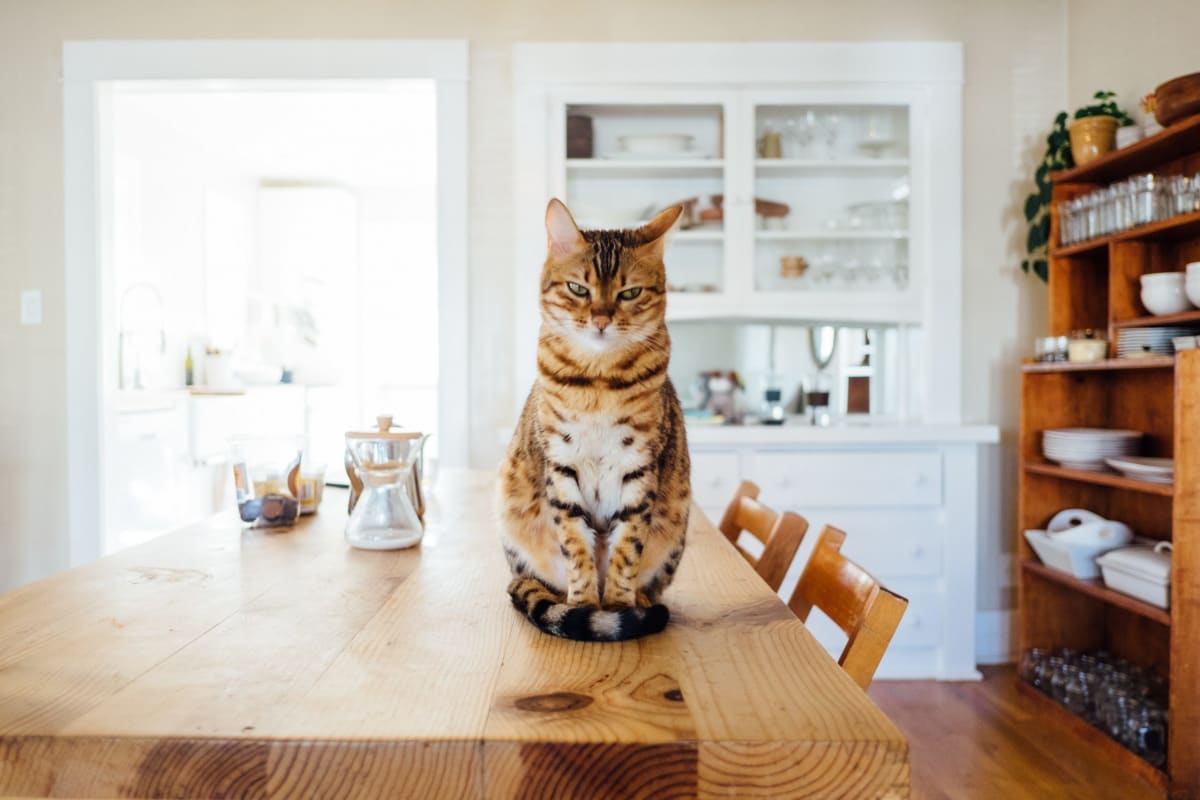
There are a number of different ways to save for retirement and which option is best for you will largely depend on personal circumstance. However, most experts suggest a combination of saving techniques as the most sensible approach to take.
While straightforward savings accounts give you easier access to your funds in case of an emergency, pensions and investments can result in greater returns. It’s also important to think about the ways you can mitigate against rising costs and larger expenditures as you get older. Committing to a funeral plan is a great example of one way you can avoid paying out large amounts once you hit retirement. With this in mind we take a look at a few of the key ways you can save for retirement.

Straightforward savings
The simplest, though perhaps not always the best, way of saving for retirement is using a traditional savings account and ensuring you put a set amount of money away each month. There are a number of savings accounts to choose from, including ISAs, instant access ISAs, notice accounts and National Savings accounts, so do your research and work out what type of account is best for you. Make sure you think about how easily you want to be able to access your savings, how much interest you want to be earning and whether there are any additional features you require before signing up.
Investment
Though there’s always a little bit of risk involved in investing your savings, it can result in much larger returns on your money. If you have experience of the financial markets and feel comfortable making investment decisions on your own, there’s no need to look for outside help. However, if you feel you could benefit from some guidance, it may be best to talk to investment specialists. Though they will either charge a fee or take a percentage of your returns, it is probably a more secure way of investing your hard-earned cash.
Pensions
Pensions are an important mechanism for ensuring you have enough money to last you during retirement. Though everyone has a small state pension, most people pay into a private scheme that’s either operated by their employer or a private company. It’s worth noting that you have no obligation to pay into your employer’s pension scheme, and sometimes it is worth keeping your options open. There’s a wide range of pension schemes to choose between, so it’s worth taking the time and effort to explore your options before beginning your payments. Look for an established provider with an excellent reputation to ensure your money isn’t mishandled in any way.
Funeral Plan
Finally, it’s a good idea to look at ways you can minimise expenditure later in life to ensure your savings go further. One of the key ways of doing this is by looking into funeral plans. Though the benefits of such schemes vary depending on the company you go with, plans like the Beyond Open Plan tie the cost of your funeral to current price levels. This can mean enormous savings when you consider the fact that funeral costs are expected to rise to an astonishing £10,203 within the next 12 years, while the average funeral comes in at just £3,800 now. By ensuring you’re prepared and taking action now, you could make your savings stretch a lot further.






